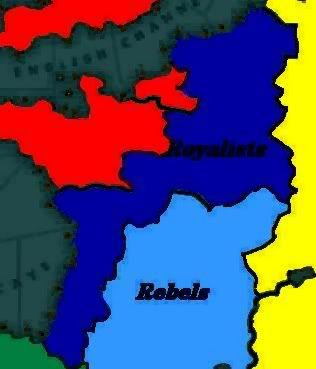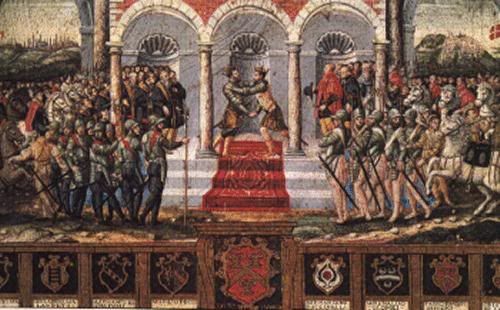Brainsucker: I'm glad you enjoy it! Where the characters are concerned I will try to show pictures of them more often. However sometimes I don't have fitting ones (for example out of a much latter point of the game with different traits, ages and titles).
Anyway I just wanted to inform you all that there will be a slight delay with the next update. It will be up at some point during the weekend.
Furthermore I would like to encourage all my readAARs to cast their votes for the AARland Choice Awards Q2 2008 if they haven't done so yet. Every vote is and every award in my eyes becomes more important the higher the number of participant was.
I am so glad nobody will be able to interpret this as shameless self-promotion since my AAR is not eligible for this vote.
~Lord Valentine~
Anyway I just wanted to inform you all that there will be a slight delay with the next update. It will be up at some point during the weekend.
Furthermore I would like to encourage all my readAARs to cast their votes for the AARland Choice Awards Q2 2008 if they haven't done so yet. Every vote is and every award in my eyes becomes more important the higher the number of participant was.
I am so glad nobody will be able to interpret this as shameless self-promotion since my AAR is not eligible for this vote.
~Lord Valentine~








